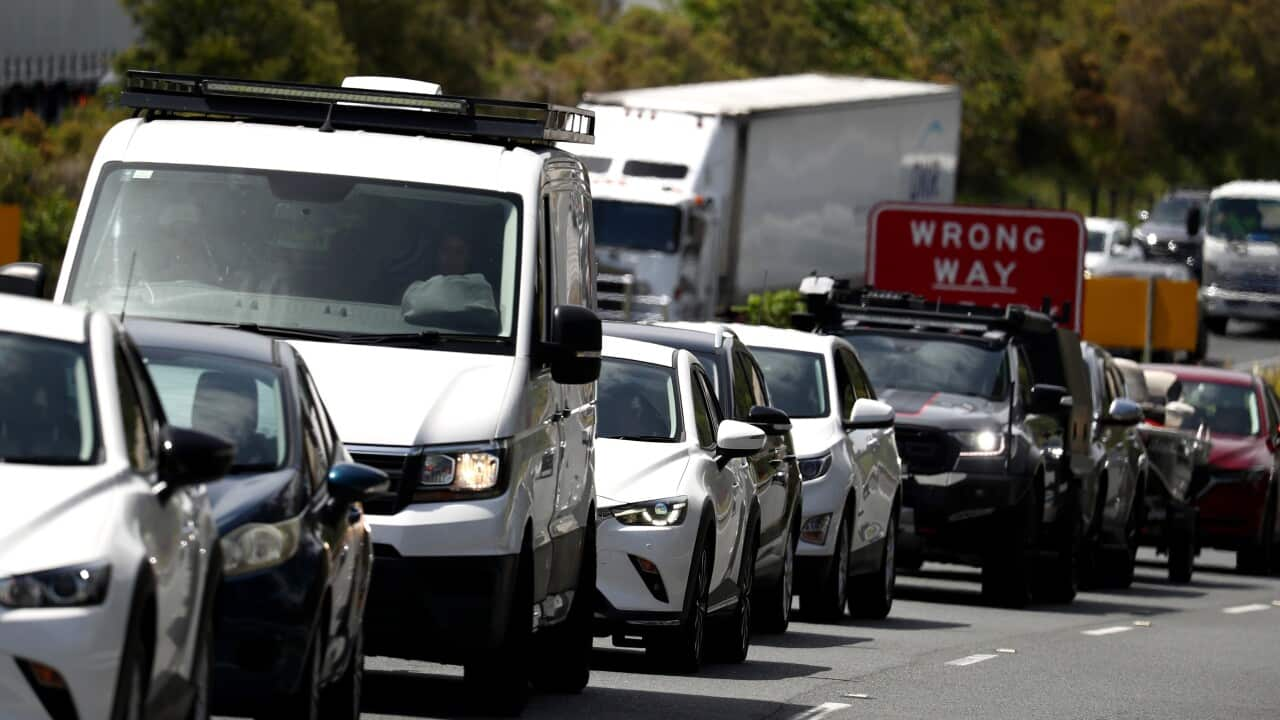Key Points
- There's widespread support from car makers, electric vehicle manufacturers and green groups for new pollution rules.
- Environmental groups say Australia needs to introduce laws swiftly and aim to match overseas progress by 2030.
- Automotive brands argue new rules should be introduced gradually to give them time to adjust.
Car makers, electric vehicle manufacturers, motorists and green groups agree Australia needs new car pollution rules, but their implementation is up for debate.
Widespread support for changes to limit vehicle emissions emerged from the federal government's consultation into a fuel-efficiency standard, with most of almost 1200 responses supporting new laws.
But that is where agreement fractures. Electric car brands, renewable energy firms and environmental groups say Australia needs to introduce laws swiftly or risks being left behind other nations, and aim to match overseas progress by 2030 and ban emission loopholes.
A failure to do this will see Australian motorists saddled with high fuel prices and miss out on efficient vehicles, while the country falls short of its net-zero goals.
But while some automotive brands support pollution limits, they want those limits introduced slowly, to receive extra credit for importing electric cars over hybrids, and for making vehicles more efficient.
They say a failure to meet these conditions could raise vehicle prices and reduce the number of cars available in Australia.
Debate between the two sides is likely to continue for months, while the government develops models for the laws and investigates their impact.
The diverse views on Australia's fuel-efficiency standard were contained in hundreds of submissions released after the government's six-week consultation period.
When introduced, the standard will set a pollution limit on new cars sold in Australia, encouraging brands to balance their high-polluting vehicles with low-emission models.
Similar standards are in place across 85 per cent of the global car market. But the standards in each country differ; some targeting a transition to electric vehicles by 2035, while others offer double credits for importing electric vehicles or for using environmentally friendly refrigerant in air conditioners.

Toyota will introduce its first electric vehicle for the Australian market next year. Source: AAP / Jennifer Dudley-Nicholson
The Japan Automobile Manufacturers Association said automakers would not be able to comply if ambitious pollution cuts were introduced quickly, and costs would increase if emission limits were stronger than voluntary caps already in place.
Toyota Australia sales vice-president Sean Hanley said one concern traditional car makers had was the challenge of reducing emissions from large vehicles, such as diesel utes.
"In SUVs, it's not a terribly hard technology to bring to market at an affordable price," he told AAP.
"However, when you're talking about a big commercial vehicle that's got to go off-road, that's got to tow, that's a totally different proposition in relation to affordability, practicality, and what it can do."
Hanley said the automaker supported a fuel-efficiency standard in Australia but would like to see it introduced slowly and consider the use of all technologies, including hybrid and hydrogen vehicles.
But groups including the Electric Vehicle Council, Australian Electric Vehicle Association and Greenpeace say the country has waited too long already.
The Electric Vehicle Council argues Australia should only have a slow start if the standard is introduced next year, and only offer "super credits" in exchange for larger emission cuts.
Climate Council advocacy head Jennifer Rayner said evidence from other countries proved Australia needed a strong emission limit with limited credits introduced swiftly.
Analysis for the Climate Council found electric cars could reach price parity with petrol vehicles by 2027 if Australia had the right policy settings.
"It's a no-brainer that a fuel-efficiency standard will see more affordable, available electric vehicles in Australia because at the moment our lack of a standard is the main thing stopping manufacturers bringing them here," Rayner said.
"When you look at policy settings like whether we start strong or whether we allow loopholes and crediting that let manufacturers water down the scheme, the weight of opinion is in favour of strong action as soon as possible."











